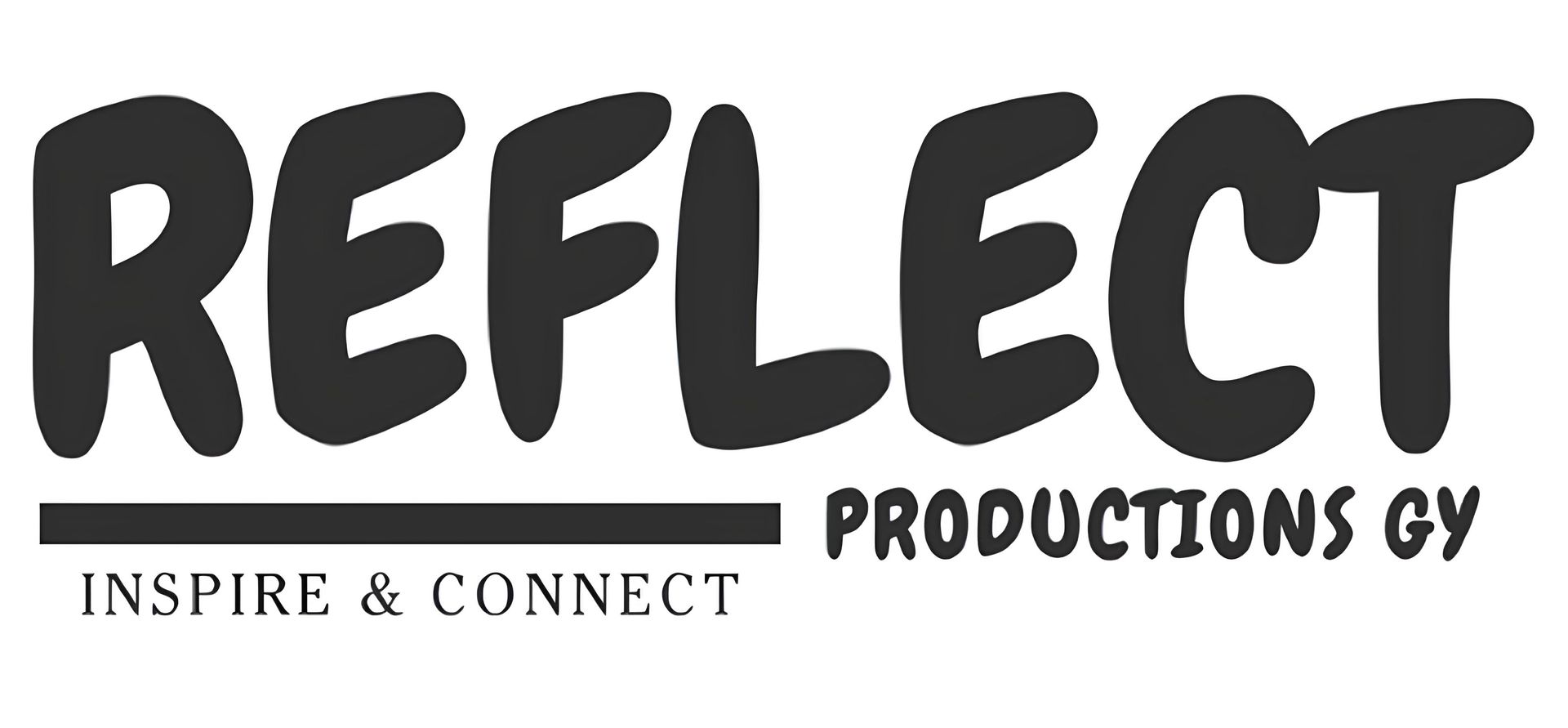Breaking the Stigma: Using Theatre to Open Conversations About Mental Health
The Power of Theatre in Mental Health Awareness
Theatre has long been a powerful medium for storytelling, capable of evoking deep emotions and sparking conversations. In recent years, there has been a growing movement to utilize theatre as a tool to break the stigma surrounding mental health. By bringing personal and poignant stories to the stage, theatre can open meaningful dialogues and foster understanding.
Mental health issues are often shrouded in silence, perpetuating stigma and misunderstanding. However, when these topics are presented through theatre, they become more relatable and less intimidating. Audiences are given the opportunity to see the world through another's eyes, creating empathy and compassion.

Creating a Safe Space for Discussion
Theatre provides a unique platform for exploring complex issues in a safe and controlled environment. Through performances, audiences can witness the struggles of those dealing with mental health challenges without feeling exposed or vulnerable themselves. This detachment allows individuals to reflect on difficult topics without the pressure of immediate personal involvement.
Moreover, post-performance discussions facilitated by mental health professionals can deepen the conversation. These discussions offer audiences the chance to ask questions, share personal experiences, and gain insights from experts in the field. This interaction not only enhances understanding but also encourages community support.

Diverse Stories for Greater Impact
One of the most powerful aspects of using theatre to discuss mental health is its ability to present a diverse range of stories. From tales of anxiety and depression to narratives about bipolar disorder and schizophrenia, theatre can cover a wide spectrum of experiences. This diversity ensures that more people can see their own struggles reflected on stage.
By showcasing different perspectives, theatre helps dismantle stereotypes and broadens the audience's understanding of mental health issues. It emphasizes that mental health is a universal concern, affecting people from all walks of life.
Engaging the Younger Generation
Theatre is particularly effective in reaching younger audiences who might be more open to new ideas. Educational institutions are increasingly incorporating theatrical performances into their curricula to address mental health topics. These performances serve as an engaging way to educate students about mental health while promoting empathy and support among peers.
Younger generations are often more receptive to creative expressions, making theatre an ideal medium for initiating conversations about mental health. By normalizing these discussions early on, we can foster a more inclusive and understanding society.

The Role of Community Theatre
Community theatre groups play a crucial role in this movement by producing plays that tackle mental health issues head-on. These groups often work closely with local mental health organizations to ensure that their portrayals are accurate and respectful. Community members are encouraged to participate in productions, further strengthening ties and promoting collective healing.
Through community theatre, local stories are given a voice, allowing audiences to connect on a personal level. This connection is vital in breaking down barriers and encouraging open conversations about mental health within communities.
Conclusion: A Call to Action
Theatre's ability to humanize mental health issues makes it an invaluable tool in breaking the stigma. By opening up conversations and providing a platform for diverse voices, theatre can significantly contribute to greater awareness and understanding of mental health.
As we continue to confront mental health challenges, let us embrace theatre as a catalyst for change. By supporting theatrical productions that address these important topics, we can help create a society where mental health is openly discussed and compassionately understood.
